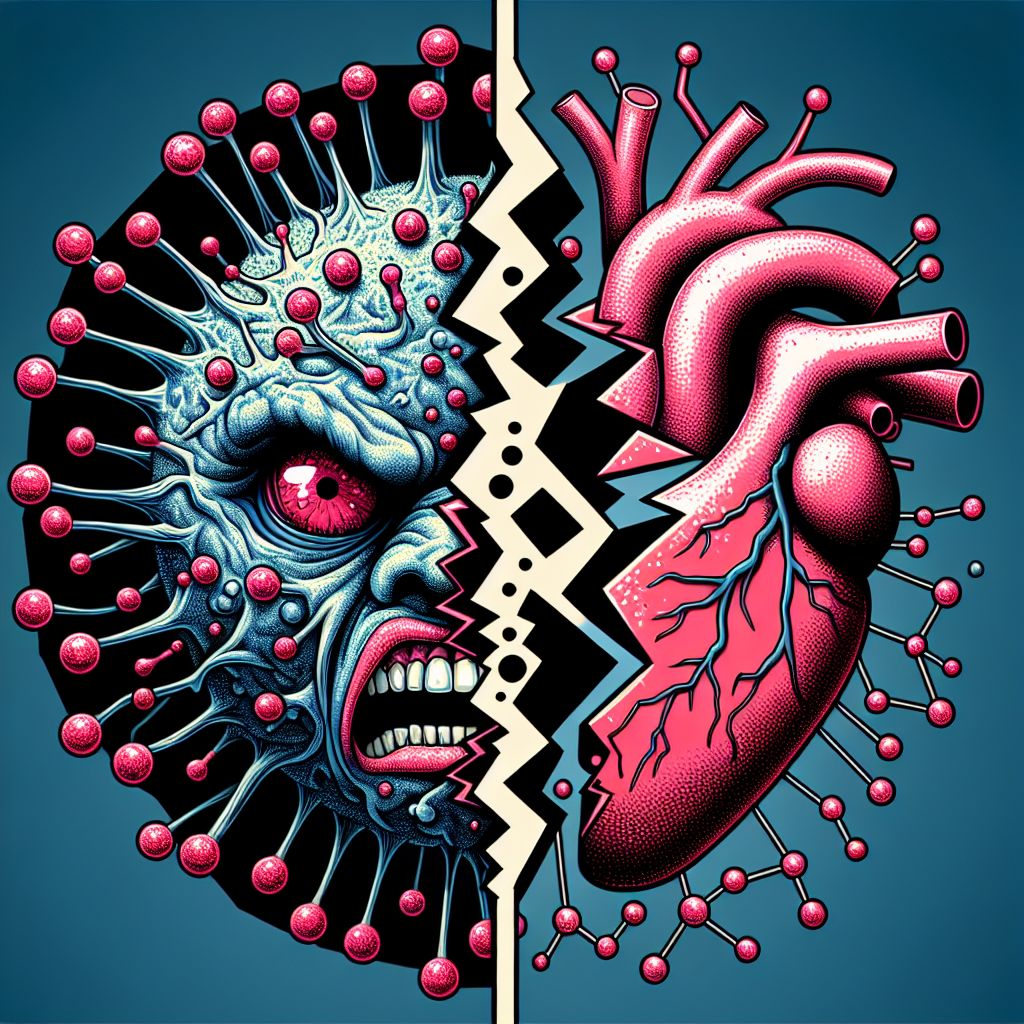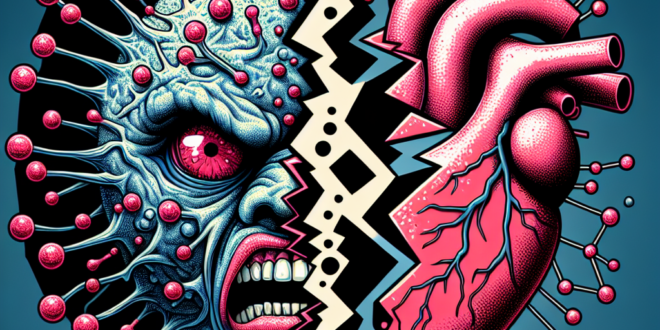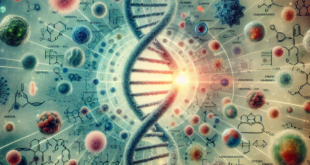Sexual dysfunction is a common issue that affects many people, and it can have a significant impact on a person’s quality of life. While it is often thought of as a separate and unrelated issue, there is growing evidence to suggest that there may be a link between cancer and sexual dysfunction.
Cancer is a serious and often life-threatening disease that can have a major impact on a person’s physical and emotional well-being. The treatments for cancer, such as surgery, chemotherapy, and radiation therapy, can cause a range of side effects that can affect a person’s sexual function.
One of the most common side effects of cancer treatments is fatigue, which can make it difficult for a person to feel aroused or engage in sexual activity. Additionally, chemotherapy and radiation therapy can cause changes in hormone levels, which can lead to issues such as erectile dysfunction in men and vaginal dryness in women.
In addition to the physical side effects of cancer treatments, the emotional impact of a cancer diagnosis can also contribute to sexual dysfunction. Many people experience feelings of anxiety, depression, and body image issues after being diagnosed with cancer, which can affect their sexual desire and ability to engage in intimacy.
For many cancer survivors, the experience of going through treatment and facing their mortality can also lead to a shift in priorities and a reevaluation of what is important in life. This can result in a decreased interest in sex or a change in the way they view their sexuality.
It is important for healthcare providers to address sexual dysfunction in cancer patients and survivors, as it can have a significant impact on their quality of life. However, it can be a difficult topic for both patients and healthcare providers to discuss, as there may be feelings of embarrassment, shame, or discomfort.
There are a variety of treatments available for sexual dysfunction, including medications, therapy, and lifestyle changes. In many cases, simply addressing the underlying issues causing the dysfunction, such as fatigue or hormone imbalances, can help to improve sexual function.
If you are a cancer patient or survivor experiencing sexual dysfunction, it is important to speak with your healthcare provider about your concerns. They can help you to understand the potential causes of your dysfunction and work with you to develop a treatment plan that suits your needs.
In conclusion, there is a clear link between cancer and sexual dysfunction, with cancer treatments and the emotional impact of a cancer diagnosis both playing a role in the development of sexual issues. It is important for healthcare providers to address this issue with their patients and provide support and treatment to help improve their sexual function and quality of life.

 Daily Horoscope Weekly Horoscope Monthly Forecast Love Career Life Astrology
Daily Horoscope Weekly Horoscope Monthly Forecast Love Career Life Astrology




